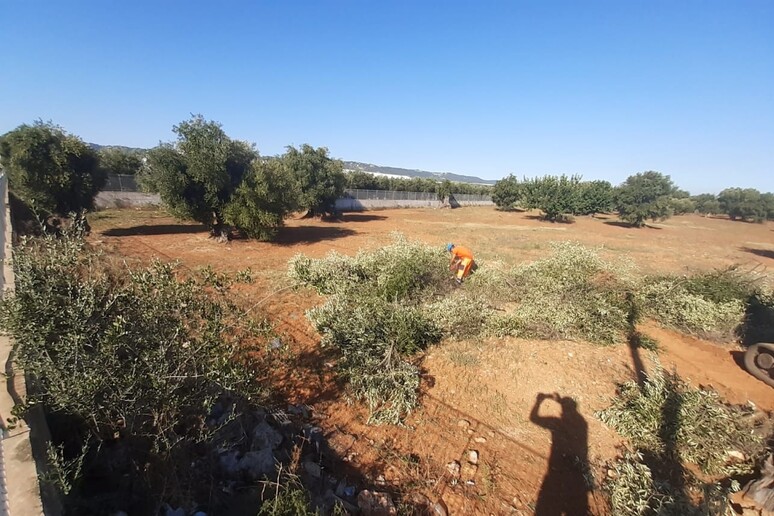Spanish scientists have isolated microorganisms that feed on bacteria and are able to eliminate Xylella fastidiosa, a plant pathogen for which no cure exists at the moment.
The group, coordinated by Maria Domingo-Calap, presented the results of the research at the final conference of the EU-funded research project XF-ACTORS, which was entirely dedicated to Xylella fastidiosa.
The scientists isolated 22 bacteriophage microorganisms from wastewater samples in mainland Spain.
Many of them can eliminate the population of Xylella fastidiosa in infected plants and could be used in products for biological control of the bacterium.
The next steps are the genome sequencing of microorganisms and the study of their response to different subspecies and strains of Xylella fastidiosa.
ALL RIGHTS RESERVED © Copyright ANSA











